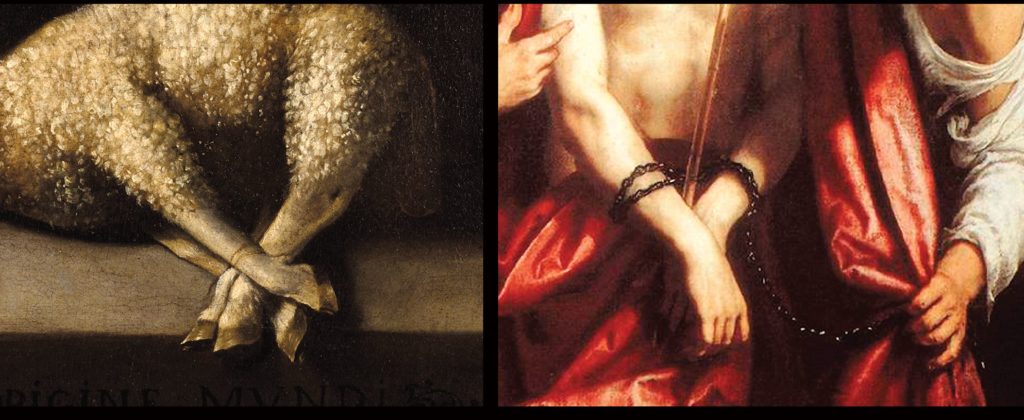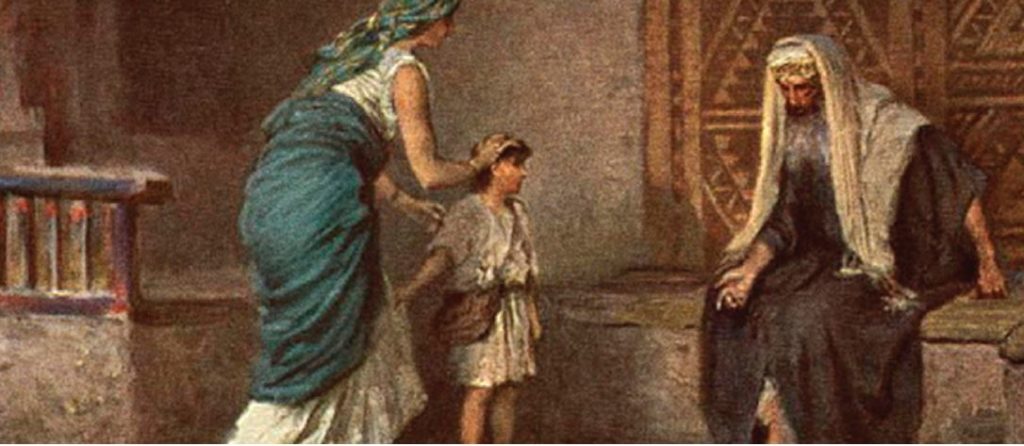“Jesus left Tyre and went up to Sidon before going back to the Sea of Galilee and the region of the Ten Towns. A deaf man with a speech impediment was brought to him, and the people begged Jesus to lay his hands on the man to heal him.

Jesus led him away from the crowd so they could be alone. He put his fingers into the man’s ears. Then, spitting on his own fingers, he touched the man’s tongue. Looking up to heaven, he sighed and said, ‘Ephphatha,’ which means, ‘Be opened!’ Instantly the man could hear perfectly, and his tongue was freed so he could speak plainly!
Jesus told the crowd not to tell anyone, but the more he told them not to, the more they spread the news. They were completely amazed and said again and again, ‘Everything he does is wonderful. He even makes the deaf to hear and gives speech to those who cannot speak.'” Mark 7:31-37, NLT
Notes from the Illustrated Study Bible

This miracle is very similar in order and vocabulary to the healing of the blind man in 8:22-26. Healing miracles in the Gospels follow a similar pattern—the constant telling and retelling of similar stories probably standardized their form and wording.
This healing miracle includes a change of scene. Although some interpret the next miracle as occurring in the Gentile world (Sidon or Decapolis), it probably took place after Jesus returned to the Sea of Galilee. The next incident takes place there (8:10) without a change of scene.
Jesus also used saliva in a healing at Mark 8:23, where he spit on a man’s eyes in curing his blindness. The medicinal use of saliva in ancient times is well documented.

Since Jesus was looking up to heaven when he sighed, his sigh is probably best understood as a prayerful gesture. Ephphatha is an Aramaic term that Mark translates for his readers (see also 3:17; 5:41; 14:36; 15:34). These are not magical formulas or incantations; Mark is simply recounting some of the original words Jesus spoke. Matthew and Luke do not seem to have attributed any special significance to the Aramaic words of Jesus, since they did not include them in their Gospels.
Despite his desire to avoid attention, Jesus’ greatness shone too brightly—his person, his teaching, and his ability to heal inspired awe, and he could not be hidden.















Recent Comments